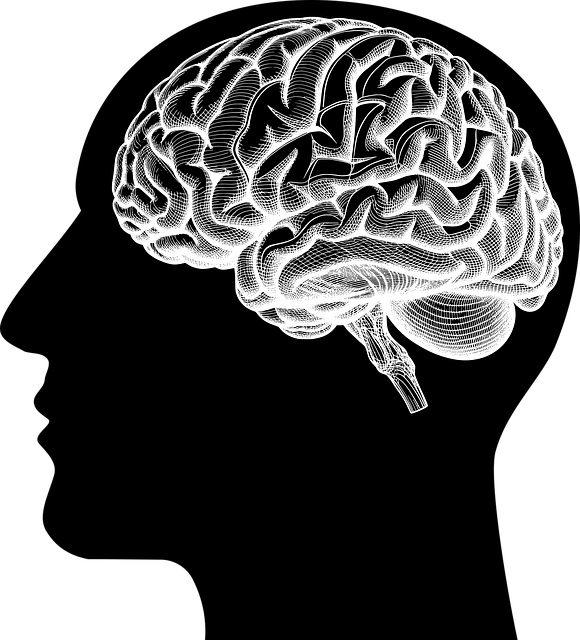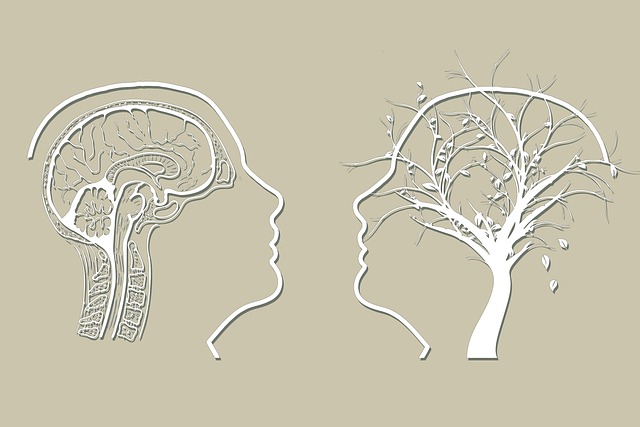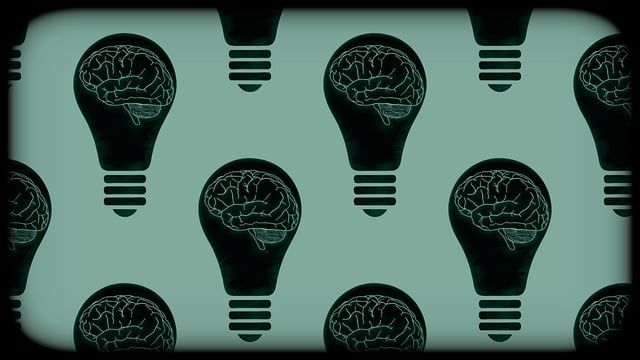Westminster Online Therapy is revolutionizing mental healthcare accessibility with its digital platform, offering personalized therapy, group support, and workshops to combat geographical barriers. They advocate for accurate media representations of mental health through diverse narratives, professional consultation, and recovery-focused content, breaking stigma and stereotypes as demonstrated in their successful initiatives, thereby encouraging open dialogue about mental wellness.
Mental illness representation in media significantly influences public perception and understanding of mental health. This article delves into the impact of media portrayals, highlighting how they can either perpetuate stigma or foster empathy. We explore Westminster Online Therapy as a progressive platform addressing these challenges. Additionally, we offer strategies to enhance accurate mental illness representation in media, ensuring more nuanced and compassionate storytelling. By promoting responsible media coverage, we can drive positive change and improve access to therapy, such as that offered by Westminster Online Therapy.
- Understanding the Impact of Media Portrayals on Mental Health Perception
- Westminster Online Therapy: A Platform for Positive Change
- Strategies to Enhance Accurate Mental Illness Representation in Media
Understanding the Impact of Media Portrayals on Mental Health Perception

Media portrayals play a pivotal role in shaping societal perceptions about mental health, which can either promote understanding or perpetuate stigma. The way mental illness is depicted in films, television shows, and news media significantly influences how viewers, especially young people, understand and interpret these conditions. Positive representations that show diverse experiences of mental illness and recovery can encourage empathy and reduce the associated stigma. Conversely, negative or inaccurate portrayals can lead to misconceptions, fear, and a reluctance to seek help. This is particularly concerning as media acts as a mirror to society, reflecting and potentially reinforcing existing biases.
For instance, over-dramatization or simplistic characterization of mental health issues can make it seem like a phase or a weakness, undermining the severity of real mental illnesses. On the other hand, consistently portraying individuals with mental health struggles as dangerous or helpless contributes to a culture of fear. Westminster Online Therapy, leveraging mind over matter principles, offers a solution by providing accessible therapy services that challenge these negative media portrayals. Through awareness campaigns and educational initiatives, they aim to promote accurate understanding, encouraging emotional regulation and better mental health practices in the community.
Westminster Online Therapy: A Platform for Positive Change

Westminster Online Therapy offers a pioneering platform for positive change in mental health representation, challenging traditional narratives and promoting nuanced perspectives. This digital therapy service caters to a wide range of issues, from anxiety and depression to more complex conditions, providing accessible support to those who might otherwise struggle to find suitable care. By offering personalized therapy sessions via video conferencing, Westminster Online Therapy breaks down geographical barriers, ensuring individuals across different locations can benefit from professional guidance.
The platform’s comprehensive approach includes not only individual therapy but also group sessions and specialized workshops focused on stress management, mood regulation, and social skills training. This multi-faceted strategy recognizes the interconnectedness of mental health issues and societal factors, empowering users with a holistic toolkit for well-being. Through its user-friendly interface and diverse range of services, Westminster Online Therapy is revolutionizing access to mental health support, paving the way for a more inclusive and effective treatment landscape.
Strategies to Enhance Accurate Mental Illness Representation in Media

To enhance accurate mental illness representation in media, several strategies can be adopted. Firstly, diverse narratives should be encouraged, featuring individuals from various backgrounds and experiences with different types of mental health challenges. This approach helps to dispel stereotypes and provides a more nuanced view of mental wellness, as seen in many successful projects by Westminster Online Therapy. Furthermore, consultation with mental health professionals and people living with mental illness is vital. Their insights ensure that stories are told responsibly, with an understanding of the complexities involved.
Additionally, focusing on recovery and resilience can be empowering. Portraying characters navigating their mental health journey while also achieving personal growth, self-esteem improvement, and crisis intervention guidance can offer hope to viewers. This positive representation encourages open dialogue about mental wellness and reduces the stigma associated with seeking therapy, as many individuals turn to online platforms like Westminster Online Therapy for support.
Mental illness representation in media significantly influences public perception and understanding. By utilizing platforms like Westminster Online Therapy, we can foster positive change through accurate, empathetic portrayals. Implementing strategies to enhance mental health representation in media is crucial for reducing stigma and promoting a healthier society. Through collaborative efforts, we can ensure that stories of mental illness resonate with authenticity and compassion.














